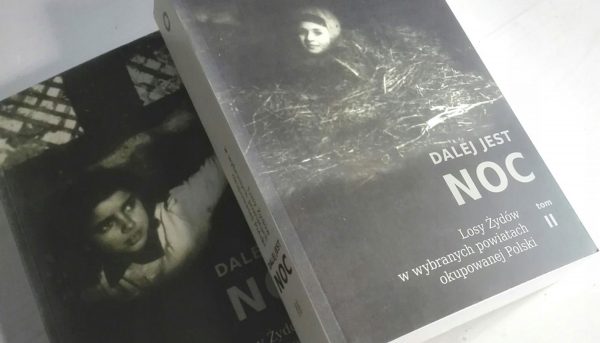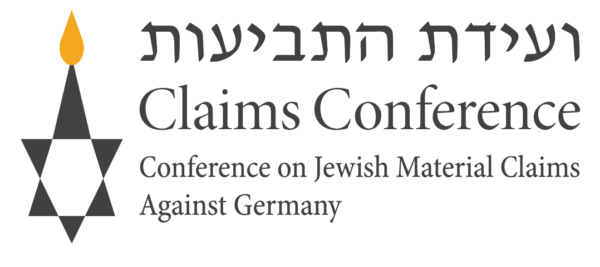Holocaust Research Education & Documentation
Applying for a Grant from the Claims Conference
The Claims Conference welcomes your application for funding to support Holocaust research, education, and documentation programs. Our mission includes advancing and deepening knowledge of the Shoah through rigorous research, educational initiatives, and documentation efforts.
Please review the Claims Conference Values Statement. All grantees are asked to affirm their organization’s alignment with and their commitment to uphold these principles, as a condition of receiving funding.
For more information, please contact:
NYAllocAdmin@claimscon.org
For applicants in Israel, please contact:
REDIsrael@claimscon.org
Application Deadlines and Fluxx Portal
Deadline: March 15 (11:59 pm EST)
- Grant period: Begins no earlier than January of the following year
- Applications must be submitted via Fluxx (English only)
- Application Portal opens approximately 6 weeks before deadline
- Review process takes approximately 8 months
Applicants are strongly encouraged to begin the application process early, allowing adequate time to thoughtfully develop the proposal, complete all required components, and resolve any technical issues in advance of the submission deadline.
For technical issues with Fluxx, contact fluxxhelp@claimscon.org

Tips for a Successful Application
Eligibility and Funding Model
Eligibility
- Projects must focus on persecution of Jews by Nazis/collaborators or its consequences
- Only non-profit organizations may apply (limited exceptions for film and new media)
- Applications from individuals are not accepted (limited exceptions for film and new media)
Funding Model
- Matching funds are required (generally the matching requirement is between 30-50%)
- After funding has been renewed twice for the same project, funding will be limited up to 50% support from the Claims Conference.
- No advance payments
- Reimbursement is only provided for approved expenses with proof of expenditure and proof of payment
- If an application was denied funding in the past, a resubmission of the same proposal is ineligible
What We Fund
For more information on each funding category, select a link below:
The Claims Conference has issued a Request for Proposals (RFP) for projects that address Holocaust Inversion from a variety of disciplines.
Evaluation
A strong evaluation component is required for all funded projects. Applicants must describe how they will measure outcomes, document results, and apply findings to strengthen project quality and impact.
Evaluation plans should include:
- Clear goals and measurable objectives aligned with the project’s target audiences
- Methods and tools used to assess outcomes (e.g., pre/post assessments, surveys, interviews, observation, analytics, or qualitative feedback)
- A timeline for data collection and analysis during and after the grant period
- A plan for reporting findings and using results to improve future work
Education programs, including educator training, should include measurable outcomes related to:
- Participant understanding of the Holocaust’s antecedents, including the history of antisemitism
- Increased capacity to identify and counter Holocaust denial, distortion, and trivialization, including Holocaust inversion
- Demonstrable changes in teaching practice, institutional engagement, or audience reach—especially for young adults and multipliers
- Evidence of learning transfer (e.g., classroom implementation, institutional adoption, professional dissemination, or follow-up activities)
Projects and areas that the Claims Conference does NOT fund include:
- Fine arts projects, such as art exhibitions, music performances, and theater arts
- Research projects, fictional literature and personal memoirs submitted by individuals
- Commemoration and memorial ceremonies, monuments, memorial sites
- Cemetery preservation or restoration
- Capital projects
- Conferences, except those of unique and exceptional merit
- Scholarships for individuals (outside of the Claims Conference Kagan Fellowship program)
- Pre-service teacher training
- Educator training programs that are one day or less
- College or university courses (unless it is within the framework of the University Partnership Program)
- Student or community-based trips to Holocaust-related sites in Europe or Israel
- Individual school programs or assemblies
- Development of new curricular materials unless there is a demonstrated need or of unique and exceptional merit
- Operational costs of institutions, endowments or underwriting deficits
For more information, please contact:
NYAllocAdmin@claimscon.org
For applicants in Israel, please contact:
REDIsrael@claimscon.org

